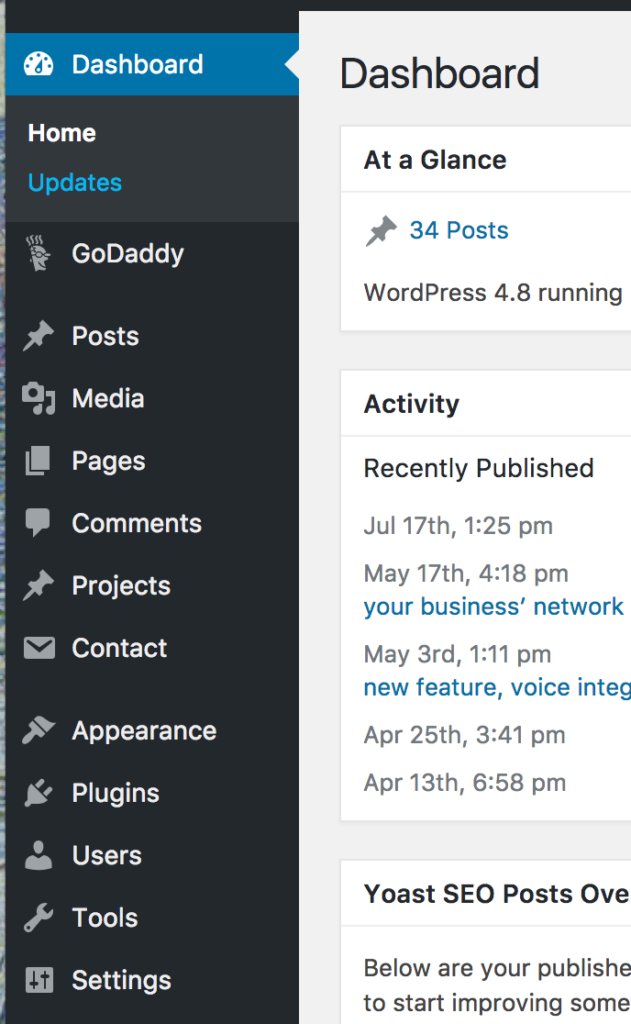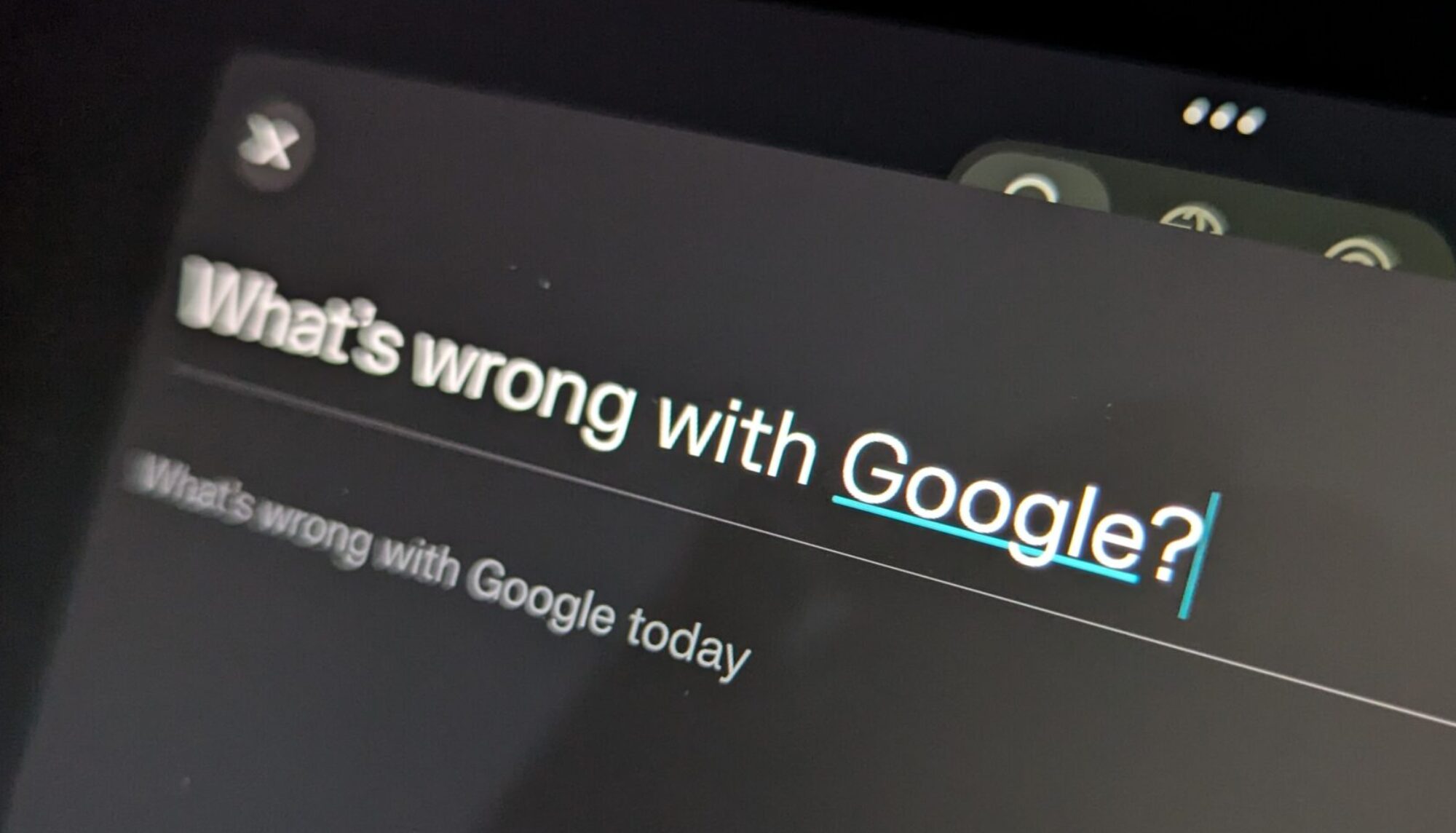Why you need to know:
After a particularly difficult SEO setup it occurred to me that I spend a lot of time cleaning up after web developers… especially those who mistakenly claim that they are “SEO experts”. This assignment brought to mind the definition of “expert” as being made up of “X, the unknown” and “spurt, a short burst”. In this project the developer had seemingly done everything he could to tie the client to his company’s accounts. The WordPress website was dependent on paid plugins that belonged to the developer, NOT to the client. When the developer was removed as administrator his company’s plugins disappeared and crippled the site. Even the Google Analytics was his account, not the client’s. The website was almost perfectly booby-trapped.
This kind of behavior by a developer represents a conundrum for me because web developers that don’t claim to be SEO experts are the absolutely best fit with sem[c] as alliance partners. Virtually every business website will benefit from professional SEO. Many SEO clients will, sooner or later, want or need a new website design. While a deep understanding of web development is critical to the successful practice of SEO the two areas are really quite different.
One of the biggest differences is in the area of graphic design. Recently new designer interfaces like Divi, PageLines and others have become popular for the freedom and ease that they offer graphic designers to create visually elaborate websites. This graphical freedom comes at a cost. By injecting additional code into every page these design layers dilute the optimization of every page and can slow site performance. From an SEO point of view the graphic design of a typical site is only part of the user experience and can impress nobody unless there is traffic to the site. Graphic design does not drive traffic to most websites. On the other hand, graphic design that loads a webpage too slowly or is confusing will quickly drive visitors away before they take any action that benefits the business that owns the website.
sem[c] has tested and implemented highly technical accommodations to mitigate a lot of the SEO problems introduced by easy-design software tools–but not every design can be fully corrected.
There are a few things that you should talk about with your web developer:

- Is your site developed in WordPress? If not, how is it built?
- Does your site rely on any paid subscriptions that are not in your name?
- What is your site’s result at https://tools.pingdom.com/ and what can be done if the result is poor?
In addition, you should have the administrative usernames and passwords for:
- Your domain name(s) registrar. This is where your domain is controlled and the fees are paid. Any and all domains should all be in your name not the developer’s.
- Your web hosting accounting. This should also be in your company’s name
- Your Google account that is the owner of your Google Analytics.
- Your paid advertising accounts. sem[c] always create these in your name. Many other companies do placement under their accounts. Their self-serving practice prevents you from directly accessing important information about your advertising.
If you or anyone you know needs assistance sem[c] has a long and successful history of solving problems related to websites. Visit searchenginemarketingchicago.com for more information or just contact us now.

